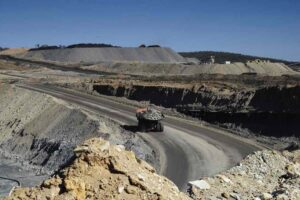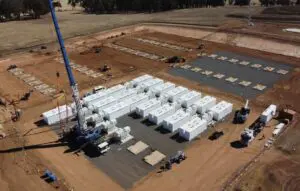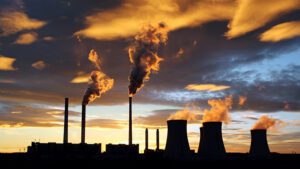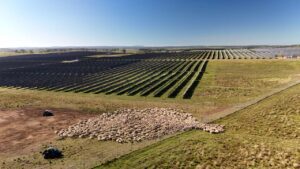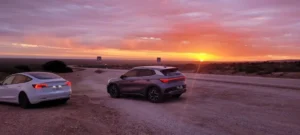One of Australia’s largest business groups has issued a plea to the new Albanese government to accelerate the transition to renewables, saying Australia’s reliance on coal has led to “apocalyptic” electricity prices.
Chief executive of the Australian Industry Group, Innes Willox, described Australia’s heavy reliance on coal and gas as “working against” business interests, as energy users are slammed by the impacts of surging fossil fuel prices.
“The price pain is already intense for those businesses who’ve found themselves suddenly needing new energy contracts amid local and global turmoil,” Willox said in a statement.
“Households will feel the punch from higher default electricity prices from July, and more pain is coming for all.”
“All of Australia’s former energy strengths – our reliance on the legacy coal generation fleet, large gas resources and a deep entanglement with export energy markets – are working against us in the current circumstances.”
“But all of our new energy options – from renewables and storage to biogas, hydrogen and energy efficiency – are hard to accelerate amid global supply chain woes, skills constraints and unease from communities around energy megaprojects,” Willox added.
The statement marks the extent to which major industry groups have changed their tune on energy policy over the last decade.
The Australian Industry Group joined other peak groups – including the Business Council of Australia and the Minerals Council of Australia – in opposing carbon pricing. But now considers Australia’s dependence on fossil fuels as working against the interests of business.
Wholesale electricity prices have surged higher since the start of the year, as disruption in global energy markets – triggered by events like the Russian invasion of Ukraine – has sent the price of all fossil fuels soaring.
The price of Australian black coal, exported from the Port of Newcastle, has quadrupled since the start of the year, exceeding $400 per tonne. Oil prices have almost doubled over the same period, which in turn has sent Australian gas prices higher, as it is standard practice within Asian markets to peg gas prices to the oil price.
These factors have contributed to a massive increase in Australian wholesale electricity prices – particularly so in parts of Australia that remain dependent on coal generation, such as New South Wales and Queensland, where prices are up to five times what they were a year prior.
It has led to the Australian Energy Regulator announcing an increase to benchmark electricity prices, with double-digit percentage increases set to flow through to consumers in some Australian states.
The situation led Willox to label the current electricity market “apocalyptic”.
“Apocalyptic rises in energy prices threaten chaos for industry and pain for households. They demand a national, integrated and strategic response,” Willox said.
“The extraordinary price rises, including a 50-fold spike in wholesale gas prices in Victoria, have seen market price caps imposed in some of our largest local energy markets. The immediate pressures are from outages at old coal plants, consequent high gas demand for power, and the collapse of a mid-size gas retailer.”
Willox called on the new Albanese government to act urgently on the current electricity price crisis, including having the federal government re-engage with State governments on the energy transition.
“The new Albanese Government has an unenviable but urgent task in responding to this crisis. It is not one they can or should take on alone. The States hold many relevant levers, as do the energy market authorities, energy suppliers and energy users,” Willox said.
“The first task for the Commonwealth is to bring us all together. Any strategy will need wide participation to work.”


